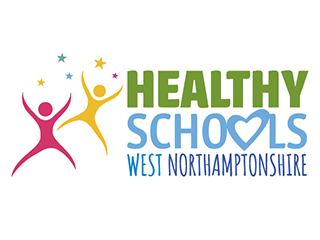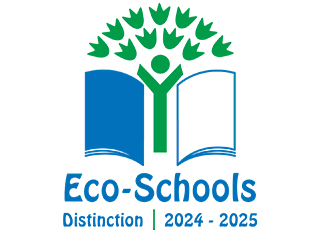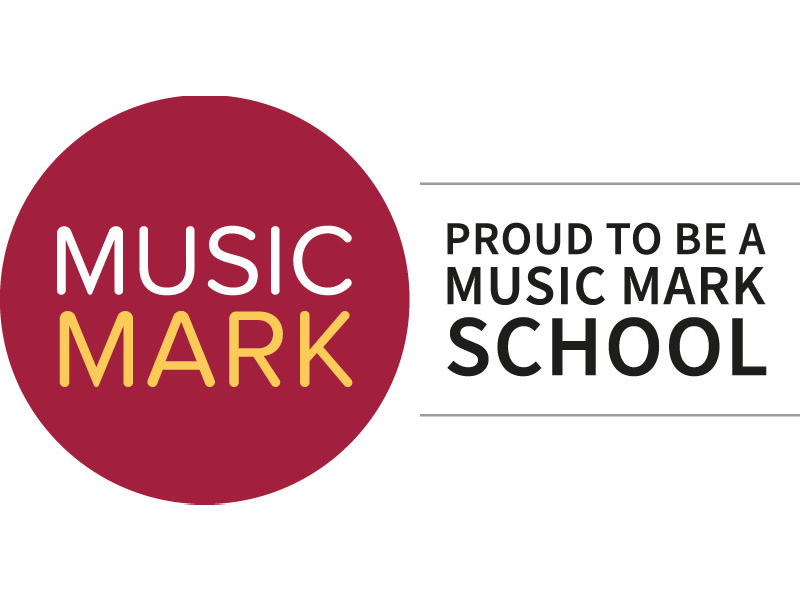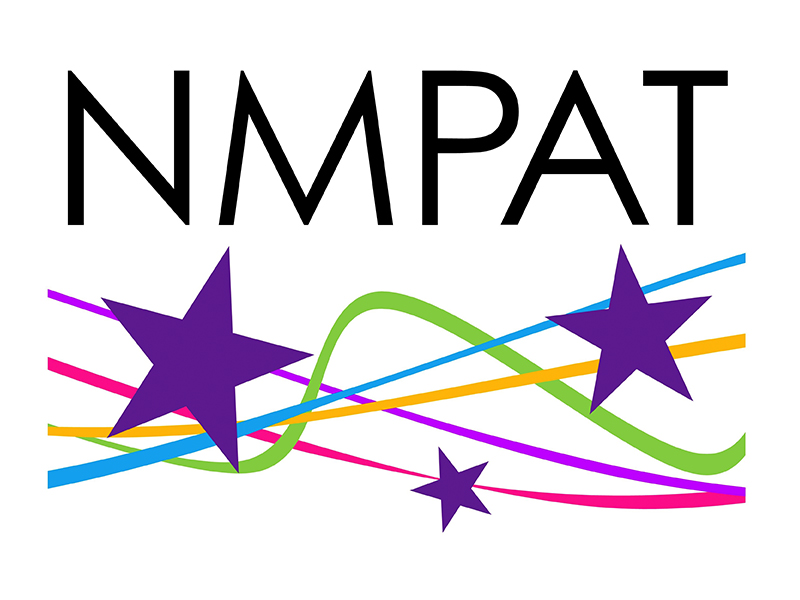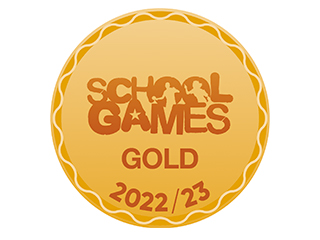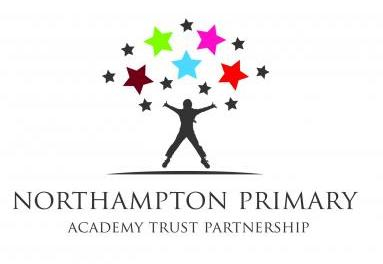Headlands Primary School | RE Narrative
Children are growing up in world where there is increasing awareness of diversity of religious and non-religious world views. It is therefore vital that the RE curriculum provides a rigorous and rich study of religious and non-religious worldviews. A quality RE curriculum creates another space for respect, exploration and understanding of the diversity of world views and belief systems. “RE is an important curriculum subject. It is important in its own right and it also makes a unique contribution to the spiritual, moral, social and cultural development of pupils and supports wider community cohesion.” (Religious Education in English Schools: Non-statutory guidance 2010). Learning about religion and worldviews will help the children to develop respect, understanding and empathy for others. They will be provided with a safe space in which to have deep, meaningful discussions during which they learn to respectfully understand, challenge and accept differing viewpoints, to reflect critically and responsibly on their own spiritual, philosophical and ethical convictions.
During EYFS, with reference to the NPAT Curriculum Frameworks for EYFS, children will begin to develop their scientific substantive, disciplinary and conceptual knowledge though Understanding the World – People, Cultures and Communities.
During KS1, children will explore and develop their knowledge and understanding of beliefs and practices of Christianity, Judaism and Islam. Children will start with concepts that are more personal to them and their communities. Once they have looked through this lens, they are able to move outwards linking their community/network to faith. They will be encouraged to raise questions and begin to express their own views in response to the material they learn about and in response to questions about their ideas. To compare and contrast religions and religious beliefs children need to understand various world faiths. This will help them to understand why their own community may follow certain traditions or celebrations. Judaism has been introduced early on so that children understand that The Old Testament is important to Judaism as well as Christianity. It is important in today’s society that children understand the origins of Islam and that it is a peaceful religion. Children are introduced to big questions and have the chance to agree and respectfully disagree with each other, knowing it is acceptable to have different views. For example, children are asked to think about why it is important to look after the world, whether they are religious or non-religious.
During KS2, the RE curriculum provides opportunities for children to make connections between their knowledge and understanding of Christianity and the religious traditions and beliefs in Judaism, Islam, Hinduism, Sikhism, Buddhism and those of no faith. They will be provided with learning opportunities to make connections between the beliefs of others and their own lives and their way of understanding the world.
During Lower KS2, the following areas of focus have been selected: Christianity - Creation, Jesus as a loving and caring person, The Old Testament (Promises), Pentecost, Festivals – Christmas through light and love, Ramadan, Passover and Easter, Hinduism, Sacred books and Commitments. Through Hinduism children are introduced to the first non-Abrahamic faith and are starting to see greater differences between different faiths.
During Upper KS2, children continue to make connections in the following areas of focus that have been selected: Christmas through Peace, Judaism, Buddhism, Stories of Faith, Christianity through the arts, Islam, Humanism, The Old Testament (Freedom), Creation and Science, Sikhism and Pilgrimage.
The following high dividend concepts have been identified as part of the NPAT RE curriculum: belief, worship, festivals, community, salvation and incarnation. These will form the ‘Big Ideas’ through which all RE will be taught. Teachers will make explicit reference to where children have met these concepts before in the curriculum. As a child progresses through school, core concepts are expanded upon and explored in greater depth. Some units are thematic. These units refer to more than one religion to explore a religious concept such as sacred books, worship or life as a journey. The RE curriculum has been carefully constructed to ensure children acquire a rich deep knowledge and understanding of belief and practice. Children are given opportunities to use reasoned arguments and debate to explore differing controversial views in a familiar and supportive environment. They explore current social injustice which exists in the world. Thus, enabling children to make connections between differing faiths and beliefs and their own lives and ways of understanding the world.
The curriculum has been carefully sequenced to ensure a progression in substantive and disciplinary knowledge and to reveal the interplay between them. The content is specified in detail and is taught to be remembered, not just encountered. Disciplinary knowledge is embedded within the most appropriate substantive context. Teachers will make explicit reference to prior learning and planning will identify relevant links throughout the curriculum:
Horizontal links will be explicitly made e.g. In Year 1, children begin by learning about belonging to communities and faith and then later pick up the Jewish holy book when learning about the Torah in their Judaism unit. They also learn about the Creation story at the end of the year.
Vertical links will be made where knowledge and understanding are built upon from previous RE units e.g., in Year 4 Holy Week builds upon knowledge and understanding from the Year 2 unit on Easter.
Diagonal links will be made, particularly where this is cross-curricular. e.g., links between RE, Science and Geography such as Environmental Change (Science) with Rainforest and the story of Creation and RE and Science – Crenation and Science with Adaptation and Evolution (Science).
Key RE vocabulary is specified and explicitly taught as part of the NPAT RE Curriculum. The development of vocabulary progresses throughout the RE curriculum.
It should be noted that parents have the legal right to withdraw their children from Religious Education. Please contact the Head Teacher to discuss any concerns you may have.
Subject Documents
| Title | Description | Download |
|---|---|---|
| pdf NPAT RE Long-Term Map | Download |


